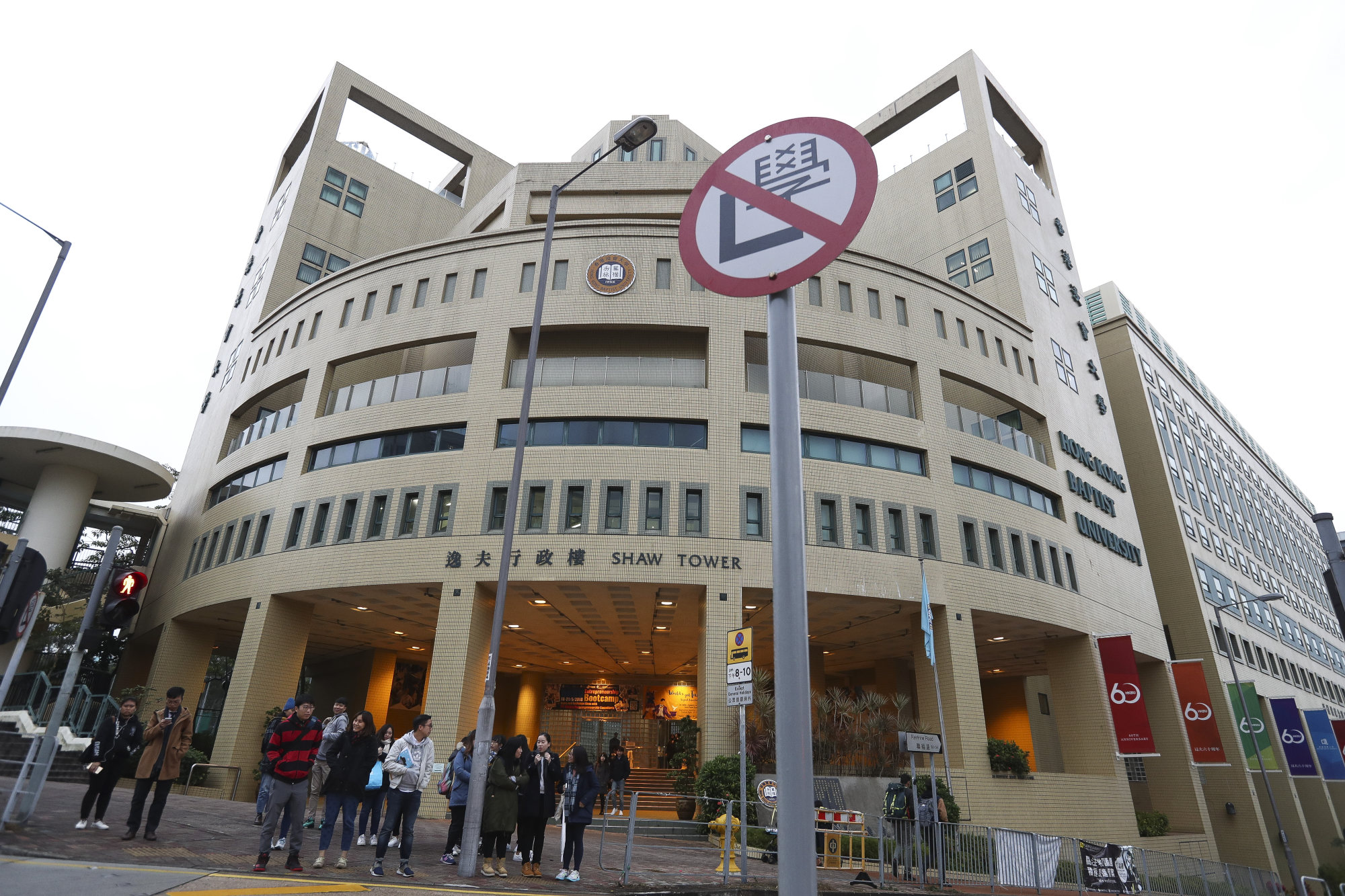In letter sent to students, university warns students they will commit plagiarism if they take words or ideas from other sources, including ChatGPT. University of Hong Kong last week told students they were temporarily banned from using AI-powered chatbots and said long-term policy would need to be hammered out. — SCMP
Baptist University has become the second higher education institution in Hong Kong to ban students from using the controversial artificial intelligence chatbot ChatGPT in their assignments due to concerns over plagiarism.
In a letter sent to all students on Wednesday, university vice-president of teaching and learning Albert Chau Wai-lap warned students they would commit plagiarism if they took words or ideas from other sources, including ChatGPT and other AI technologies and presented them as their own.
The penalties for plagiarism and other forms of academic dishonesty included reduced grades, course failure, suspension and dismissal, he noted.
The university “expects students to uphold academic integrity at all times”, he told students.

Last week, the University of Hong Kong announced students were banned from using ChatGPT or similar tools for coursework, at least for now, until a wider discussion could be held to determine how the technology should be incorporated into learning.
Launched by the Microsoft-backed OpenAI in November last year, ChatGPT has been fed vast amounts of data to generate human-like responses to text inputs. The system can converse on a wide range of topics, from politics to sports to science, making it a valuable resource for students and educators alike.
Academics have used the app to generate answers for exams they said could earn full marks if submitted by an undergraduate, and programmers have used the tool to solve coding challenges in seconds.
Daria Ting Lok-yee, a final year student at Baptist University’s department of religion and philosophy, said she had a neutral stance on the ban but agreed the use of AI technology for course work should be prohibited in the long run.
Ting said the AI chatbot was of little help in writing her papers due to the complexity of the subject, and she predicted the AI tools would be used more for homework at the secondary school level.
“The ban is needed because it will take so much time and effort to finish a paper,” she said. “If you see this quick method and may write papers better than many others’ with the AI and be able to get them published, it would be so unfair to other hard-working scholars.”
In HKU’s warning to students last week, Professor Ian Holliday, vice-president for teaching and learning, said that teachers could use various methods to determine whether students had used any AI-based tools to complete their work.
According to Chau, Baptist University would regularly review its teaching skills, including the proper use of technologies to further learning.
Other education leaders in the city have also said they are examining the new technology. Chinese University last week said it had set up a committee to discuss a policy this week.
City University said it had not yet made a decision on the topic, as a comprehensive evaluation of the use of AI technologies on campus would take time.
The Hong Kong University of Science and Technology said it had established procedures for handling plagiarism and would closely monitor the technology’s impact on academic and research work before reviewing its policies.
In the United States, some schools have banned ChatGPT, although education experts admit it can improve teaching and learning.
Last month, the New York City Department of Education blocked the chatbot from school networks and devices, citing concerns over plagiarism and as the bot’s factual accuracy.
Seattle Public Schools and Los Angeles Unified School District also put similar limits on the use of the bot in December. – South China Morning Post





